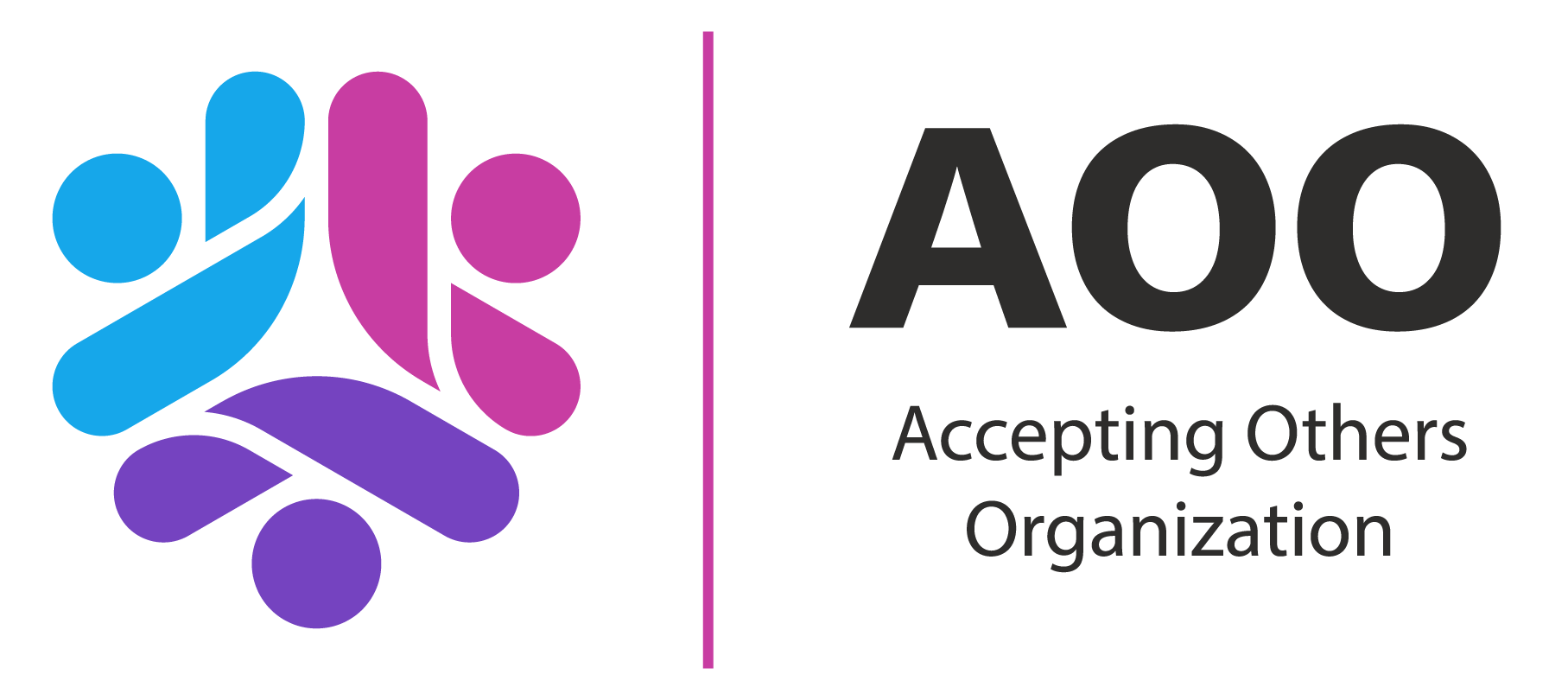Job Title
Homemade Food Trainer
Length Contract
3 Trainings
Location
Duhok, Sharya Camp, Kurdistan Region, Iraq (KRI) with occasional travel to other areas of KRI
Compensation and Benefits
Competitive salary and benefits commensurate with skills and experience. National Compensation Package
Type of Position
Trainer contract / per day
No. of Vacancies
1
About Accepting Other Organizations
Established in 2014, Accepting Others Organization (AOO) is a non-governmental, non-profit, and non-religious entity operating in federal Iraq and the Kurdistan Region. Led by women and youth, our focus is on promoting and safeguarding human rights, particularly advancing women’s rights and empowerment nationwide. AOO is dedicated to fostering peaceful coexistence through tolerance and collaboration across diverse societal segments. Our efforts center on peacebuilding, social cohesion, and community engagement, believing in the power of dialogue to create inclusivity. A key aspect of our work involves advocating for crucial frameworks such as the Iraqi National Action Plan II and UN Security Council Resolutions 1325 and 2250, aiming to ensure gender equality and enhance women and youth participation in peacebuilding. Additionally, we provide support to governmental and non-governmental entities in developing policies aligned with international standards, striving to establish a just and equitable society. Through collaboration and community engagement, AOO seeks to drive positive change, promoting diversity, and inclusivity, and empowering women and youth to shape their communities actively.
Role of the Homemade Food Trainer:
The Homemade Food Trainer plays a pivotal role in educating individuals on the preparation, cooking, and nutritional value of homemade meals. They empower participants to develop practical cooking skills, make healthier food choices, and create delicious and nutritious meals in their own kitchens.
Specific Tasks:
- Cooking Instruction and Demonstration:
- Conduct hands-on cooking classes and demonstrations to teach participants basic cooking techniques, recipe preparation, and meal planning.
- Showcase a variety of homemade recipes, including appetizers, main courses, side dishes, and desserts, emphasizing freshness, flavor, and nutritional balance.
- Nutritional Education:
- Provide information on the nutritional benefits of homemade foods, including the use of fresh ingredients, whole grains, lean proteins, and healthy fats.
- Discuss strategies for incorporating fruits, vegetables, and whole foods into daily meals to promote overall health and well-being.
- Recipe Development and Adaptation:
- Develop and adapt recipes to accommodate dietary restrictions, food allergies, and cultural preferences of participants.
- Encourage creativity and experimentation in the kitchen, empowering individuals to modify recipes and ingredients to suit their taste and dietary needs.
- Meal Planning and Preparation:
- Guide participants in meal planning strategies, including batch cooking, meal prepping, and creating balanced menus for breakfast, lunch, and dinner.
- Offer tips and techniques for efficient meal preparation, storage, and organization to streamline the cooking process and save time in the kitchen.
- Ingredient Selection and Shopping Guidance:
- Educate participants on how to select and shop for fresh, seasonal ingredients, emphasizing quality, affordability, and sustainability.
- Provide guidance on reading food labels, understanding ingredient lists, and making informed choices when purchasing groceries.
- Kitchen Safety and Hygiene:
- Demonstrate proper food safety practices, including hand washing, cross-contamination prevention, temperature control, and safe handling of kitchen utensils and appliances.
- Emphasize the importance of cleanliness, sanitation, and hygiene in food preparation to prevent foodborne illnesses and ensure food safety.
- Culinary Tips and Tricks:
- Share culinary tips, tricks, and shortcuts to enhance cooking efficiency, flavor enhancement, and presentation skills.
- Teach knife skills, cooking hacks, and time-saving techniques to help participants become more confident and proficient in the kitchen.
Essential Criteria:
- Culinary Experience and Qualifications:
- Formal culinary training or certification from a recognized culinary school or institution is preferred.
- Proven experience in cooking, recipe development, and culinary instruction, with a passion for homemade food and healthy eating.
- Nutritional Knowledge:
- Understanding of basic nutrition principles, dietary guidelines, and the health benefits of homemade meals.
- Knowledge of different dietary patterns, including vegetarian, vegan, gluten-free, and paleo diets, and their nutritional requirements.
- Communication and Teaching Skills:
- Excellent communication skills, both verbal and written, to effectively convey cooking techniques, nutritional information, and culinary concepts to participants.
- Ability to engage and inspire learners of all ages and skill levels in a supportive and encouraging learning environment.
- Creativity and Adaptability:
- Creativity in developing innovative recipes, adapting traditional dishes, and incorporating diverse flavors and ingredients into homemade meals.
- Adaptability to tailor cooking classes and demonstrations to the needs, preferences, and dietary restrictions of participants.
- Organizational and Planning Abilities:
- Strong organizational skills to plan and coordinate cooking classes, including scheduling, menu planning, ingredient procurement, and equipment setup.
- Attention to detail and thoroughness in recipe development, portion sizing, and meal presentation for optimal learning experiences.
- Passion for Homemade Food:
- Genuine passion for homemade cooking, sustainable food practices, and promoting a healthy lifestyle through home-cooked meals.
- Enthusiasm for sharing knowledge, skills, and culinary experiences with others to inspire confidence and enjoyment in the kitchen.
- Patience and Empathy:
- Patience and empathy to support participants as they learn new cooking techniques, overcome challenges, and build confidence in their culinary abilities.
- Ability to create a supportive and non-judgmental learning environment that encourages experimentation and fosters a love for homemade cooking.
These essential criteria outline the qualifications, skills, and attributes required for the successful candidate to fulfill the responsibilities of the Homemade Food Trainer role effectively.
How to Apply
To apply for the position of Director of Programs at our organization, please submit your CV to HR@aooiraq.org
Please note the following guidelines:
CVs should be in standard document format (e.g., Word or PDF). Submissions in the form of images, pictures, screenshots, or links will not be accepted.
Only candidates who are shortlisted will be contacted for further consideration.
Applications received after the expiration date of the advertisement will not be considered.
Thank you for your interest in joining our team. We look forward to reviewing your application.
